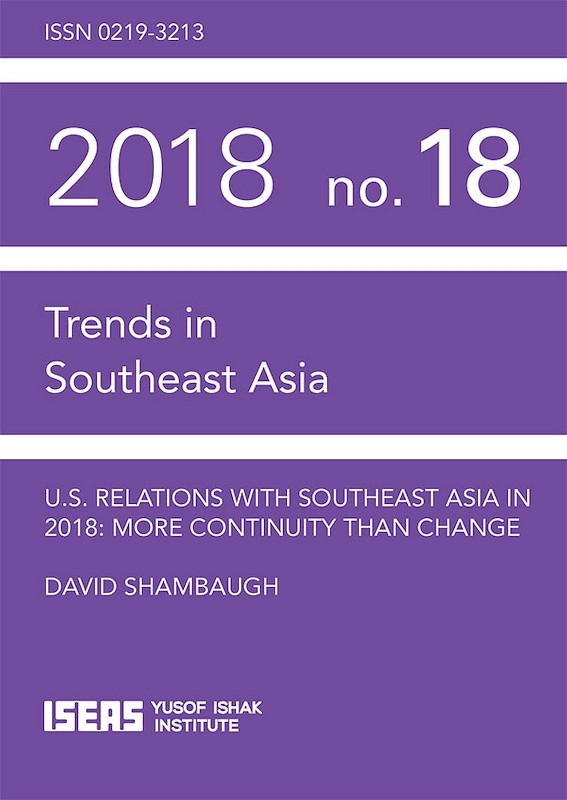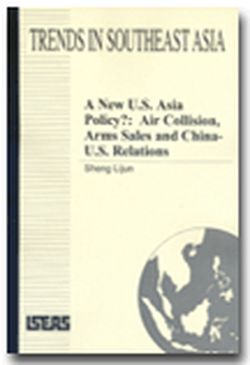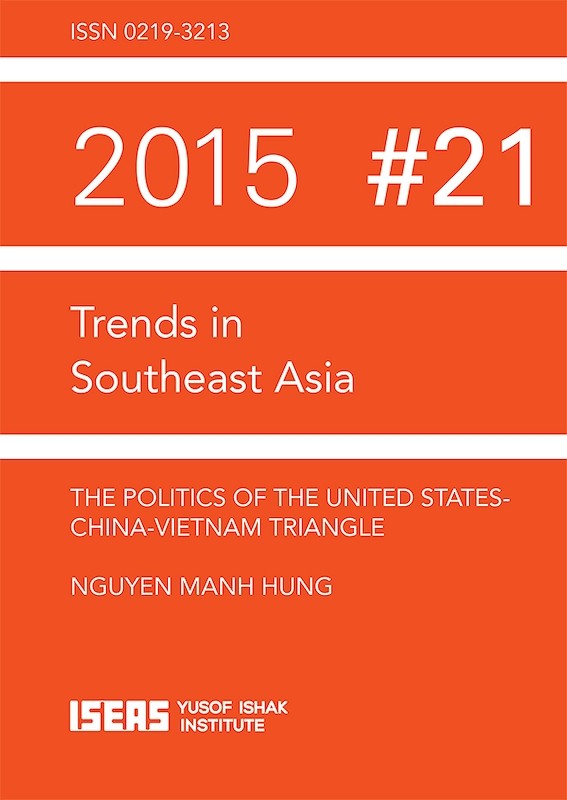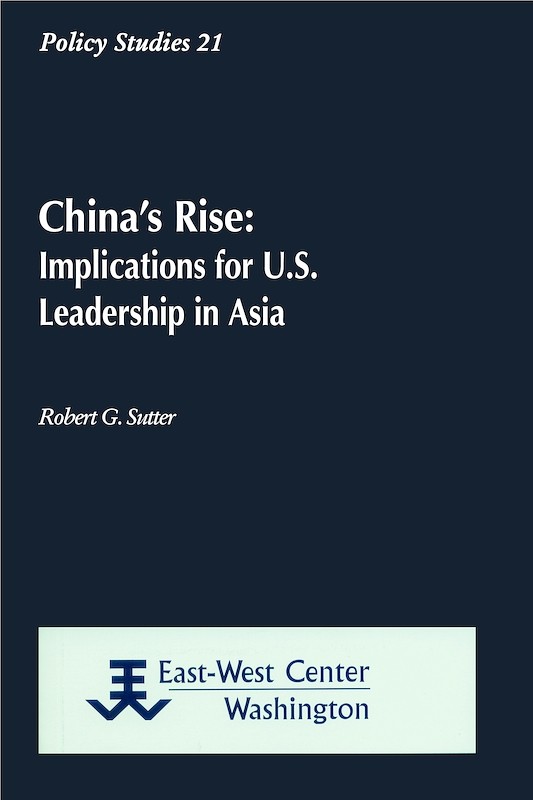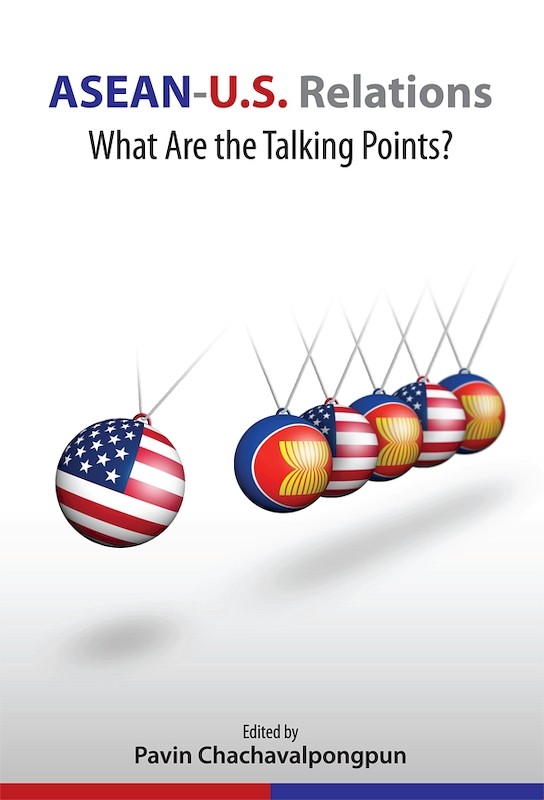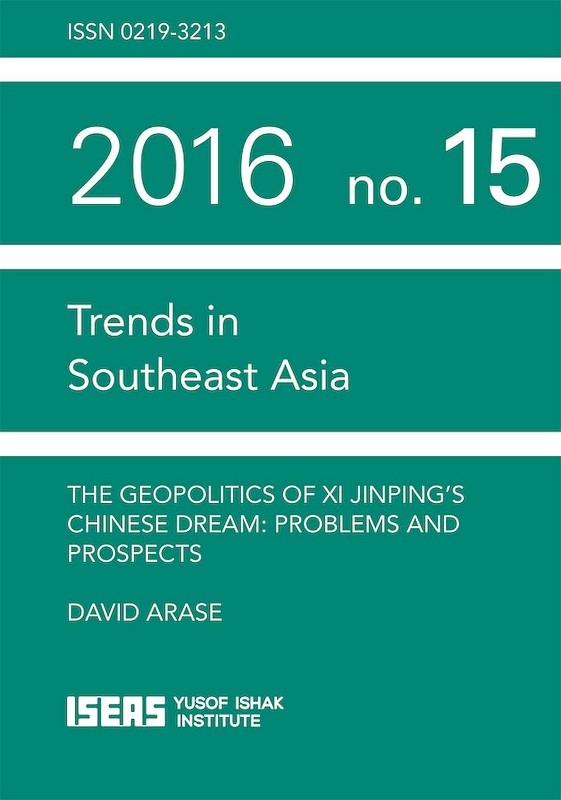The U.S. Factor in China's ASEAN Policy
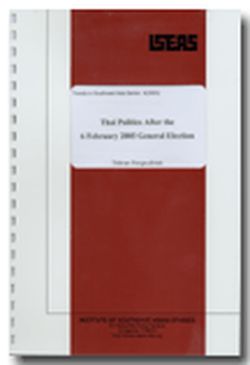
Sheng Lijun, author
Date of publication:
2006
Publisher:
Institute of Southeast Asian Studies
Number of pages:
17
Code:
TRS7/6
About the publication
To China, the United States is the only country that could have a major impact on its fundamental interests. Therefore, it closely watches every movement in the U.S. global and regional strategy and adjusts its own accordingly, including in the Southeast Asian region.
In the post 9/11 world, the U.S. is facing major security and foreign policy challenges. With rapid advances in military technology, more countries and even terrorist groups will have access to lethal but low-cost weapons that could threaten vital U.S. interests in its homeland in a potential asymmetrical warfare. At the same time, the U.S. is facing traditional challenges from rising powers such as China and India.
To China, ASEAN is a key point. It wants a closer relationship with ASEAN not only to balance unfavourable U.S. advances into the region but also a ensure a more favourable Indian presence in the region and to promote Japan's distancing from the U.S. and its "return by itself to Asia".
In the post 9/11 world, the U.S. is facing major security and foreign policy challenges. With rapid advances in military technology, more countries and even terrorist groups will have access to lethal but low-cost weapons that could threaten vital U.S. interests in its homeland in a potential asymmetrical warfare. At the same time, the U.S. is facing traditional challenges from rising powers such as China and India.
To China, ASEAN is a key point. It wants a closer relationship with ASEAN not only to balance unfavourable U.S. advances into the region but also a ensure a more favourable Indian presence in the region and to promote Japan's distancing from the U.S. and its "return by itself to Asia".
Contents
-
The U.S. Factor in China's ASEAN Policy
[Whole Publication]

